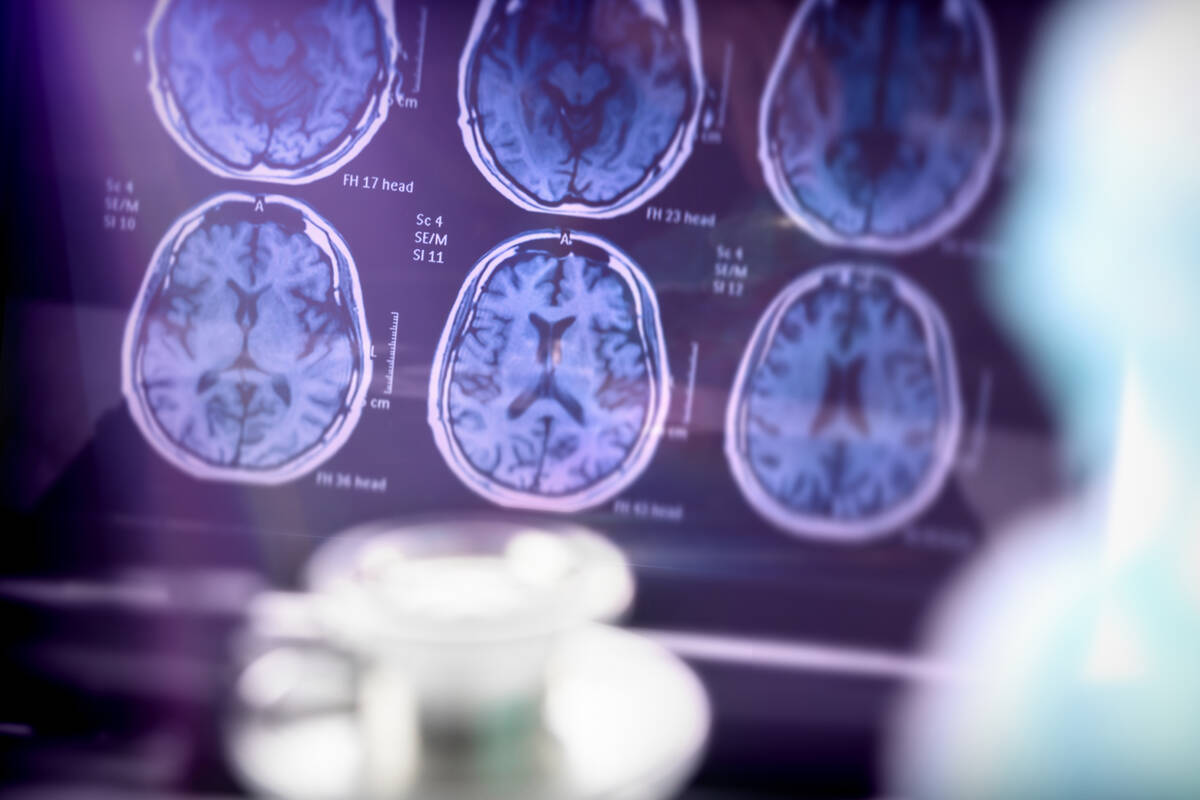Researchers find a possible new cause for Alzheimer’s disease
Scientists at Oregon Health & Science University have made a development that could lead to a greater understanding of Alzheimer’s disease and vascular dementia.
They discovered a new cause for the diseases that affect cognitive functioning.
“We’ve missed a major form of cell death in Alzheimer’s disease and vascular dementia,” senior author of the study Dr. Stephen Back said in a news release. “We hadn’t been giving much attention to microglia as vulnerable cells, and white matter injury in the brain has received relatively little attention.”
The researchers found that ferroptosis, a type of cell death that results from a buildup of iron, destroys microglia cells, which are involved in the brain’s immune response. This occurs in Alzheimer’s disease and vascular dementia cases.
Essentially, the degeneration of microglia may be a factor in furthering cognitive decline in Alzheimer’s and vascular dementia patients.
The study, in which researchers studied postmortem human brain tissue from dementia patients, was published in the peer-reviewed journal Annals of Neurology.
Microglia deteriorates in the white matter of the brain in Alzheimer’s and vascular dementia patients, scientists found.
According to Medical News Today, microglia are native brain cells that normally act to remove cellular waste as part of your body’s immune system.
Microglia cleans up debris when myelin is damaged. Myelin acts as an insulator and protective covering for your brain’s nerve fibers, according to OHSU.
However, researchers found that microglia are demolished while getting rid of myelin, which is heavily rich in iron. This sabotage happens through a form of cell death named ferroptosis.
The chain of events of deteriorating microglia seems to play a role in advancing cognitive decline in Alzheimer’s disease and vascular dementia, according to Back.
Back said that over time multiple instances of low blood flow and oxygen to the brain due to acute strokes or chronic illnesses such as hypertension and diabetes may contribute to the underlying cause that begins the cycle of cognitive decline.
The new research offers a glimmer of promise for scientists, who hope to create improved technologies to slow the process of dementia.
“If iron toxicity is responsible for cell death and negative impact, myelin repair-targeted therapies of this pathway could impact how we treat Alzheimer’s and vascular dementia,” Mercyhealth Memory Clinic medical director Dr. Amarish Davé, who was not involved in the study, told Medical News Today. “Iron toxicity in the brain is well known and typically from genetic dysfunction. This paper identifies potential iron toxicity from cell death and the debris that accumulates.”
“Further work needs to be done, but drugs that target microglial function may be a useful avenue for future therapeutic approaches to prevent neurodegeneration,” Providence Saint John’s Health Center neurologist Dr. Santosh Kesari told Medical News Today.
Back said that he anticipates pharmaceutical companies will use his study’s findings to create compounds aimed at lessening the brain’s microglial degeneration.
“That’s where the field will go next,” he said. “A discovery like ours will stimulate a lot of excitement in the pharmaceutical industry to develop therapeutically important compounds.”













